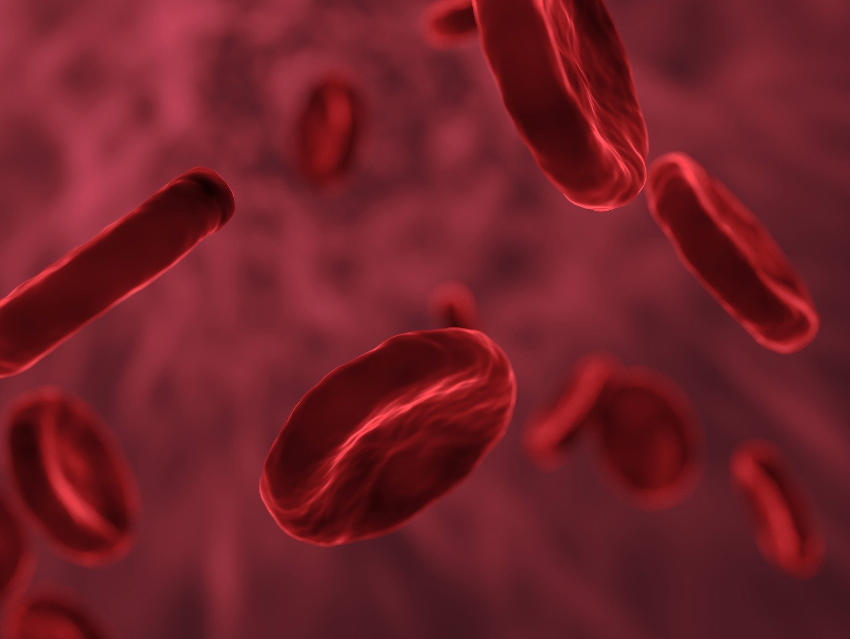Detecting and treating cancer early significantly boosts survival rates. There are screening programs for specific cancers, but for most cancers, there is no simple test for early detection. This can lead to late diagnoses, when the cancer may have already spread and treatment is more challenging.
Michael V. Seiden, US Oncology Research, The Woodlands, TX, USA, and colleagues have developed a multi-cancer early detection test that finds genomic cancer signals in the blood. The test uses a tumor’s cell-free DNA (cfDNA), which circulates in the blood, to detect and localize over 50 types of cancer. It focuses on the methylation patterns of cfDNA. These methylation patterns in tumor DNA are different from healthy cells, and different for different types of cancer.
The team collected blood samples from thousands of study participants with and without cancer. Then they used whole-genome bisulfite sequencing (WGBS) to determine the methylation patterns of the DNA in the blood. In this method, the DNA is treated with bisulfite, which reacts with unmethylated cytosine residues in the DNA, but not with methylated residues. The resulting changes and, thus, the methylation pattern, can be detected by DNA sequencing. They used part of the samples as a training set to adjust their method, and another part to validate it.
The researchers showed that the test can find a set of twelve particularly deadly cancers with a detection rate of 67.3 % for the stages I-III, and all targeted cancer types with a detection rate of 44 % for the stages I-III. Detection increased for the later cancer stages. When a cancer signal was detected, the test identified the tissue of origin with 93 % accuracy. The test has a low false-positive rate (<1 %), which is important to avoid unnecessary further diagnostics and their financial and psychological costs. According to the team, the developed test should be further investigated, with the aim being population-scale early cancer detection.
- Sensitive and specific multi-cancer detection and localization using methylation signatures in cell-free DNA,
M. C. Liu, G. R. Oxnard, E. A. Klein, C. Swanton, M. V. Seiden, on behalf of the CCGA Consortium
Ann. Oncol. 2020.
https://doi.org/10.1016/j.annonc.2020.02.011




